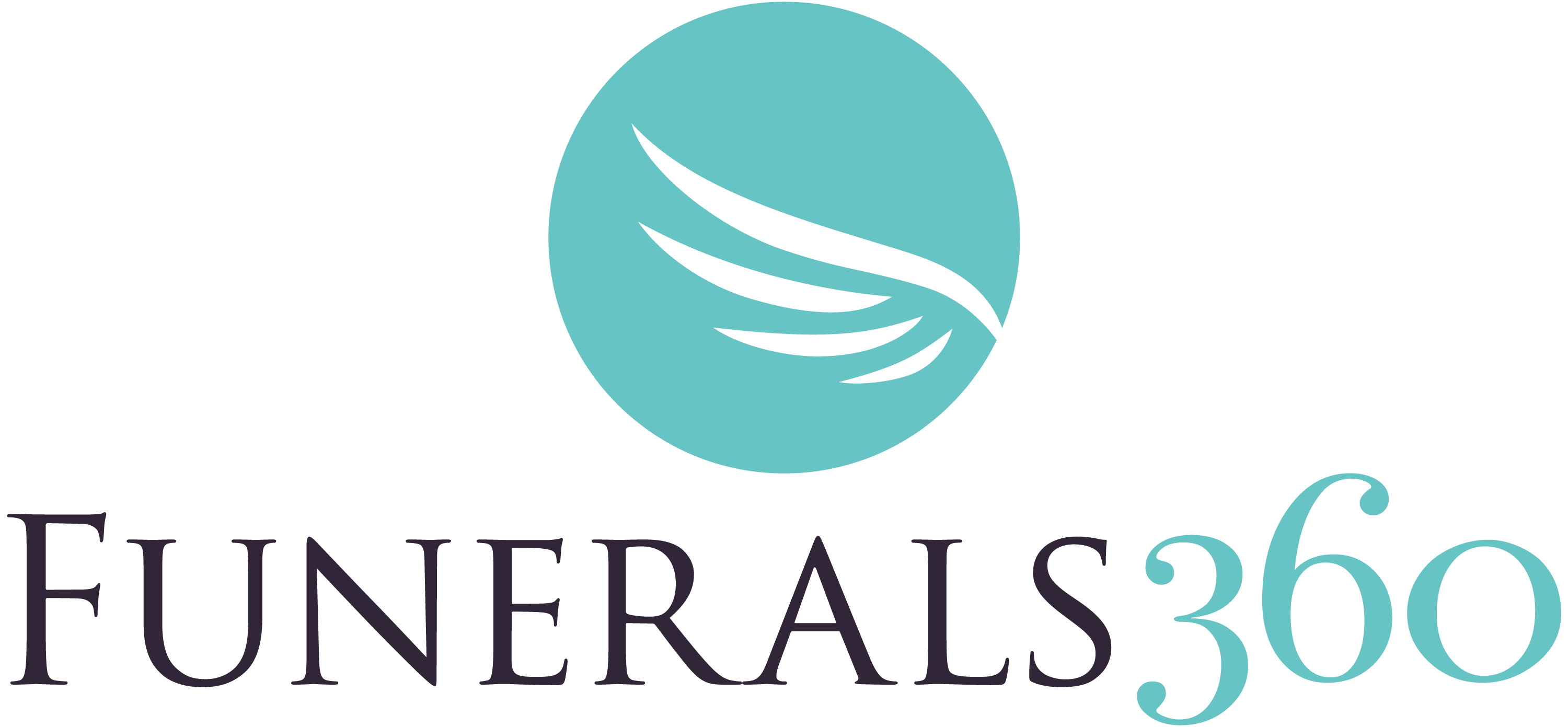To a lot of people, death seems scary. The vast majority of Americans (around 80%) die in hospitals and nursing homes rather than at home, in part because it seems easier to leave death in the hands of medical professionals than to handle the end-of-life process ourselves. In reality, a few simple steps can be taken after someone dies in order to ensure a smooth transition into death:
Get a pronouncement of death
When someone dies, the first step will always be to get a pronouncement of death. Death can be pronounced by a hospice nurse, the doctor of the deceased, or hospital staff.
What if the person dies in a hospital, nursing home, or under home hospice care?
The pronouncement of death can come from a hospice nurse or from one of the doctors at the hospital.
What happens when a death takes place at home or at work, not in a hospital, nursing home, or under hospice care?
If it is not a totally unexpected death (elderly, ill) try calling the person’s doctor to see if they will do the pronouncement. In many cases, the best option will be to call your local non-emergency number to notify the police of the death.
If thse options are not available, call 9-1-1.
If the person has an out of hospital Do Not Resuscitate (DNR) order or a living will that states they do not want heroic measures taken, be sure to have these documents on hand for the police and EMS.
If the death is not totally unexpected, but there is no POLST (MOLST, etc.) and no out of hospital DNR, you can wait until body is cool before calling 911 to avoid futile and traumatic (for viewer) attempts at resuscitation.
What’s next?
If the deceased has made plans for body or organ donation, inform the medical professional who pronounces the death of this choice, then call the organization with whom you’ve arranged for the anatomical donation in order to understand their next steps.
If you plan to use a funeral home, you can call the funeral or cremation service provider of your choice, and make plans for burial or cremation, and for a funeral or memorial service if desired. Prices for funeral and memorial services wary widely between funeral homes. Remember that funeral homes are required by law to give you pricing information over the phone and in person. Be sure to shop around before choosing the funeral home to pick up the body. (www.funerals.org)
Notify important people in the life of the deceased, including family, close friends and employers. You can easily do that by including funeral details on your loved ones' Online Memorial Page.
You’ll also want to ensure that arrangements are made for the care of any dependents and pets.
How do I care for the body?
If you plan to care for the deceased yourself (legal in all but 10 states), you can take your time with washing, bathing, and caring for them. In all other cases, you’ll want to arrange to have the body transported to a funeral home or other suitable location.
Autopsies are rarely required in deaths that aren’t suspicious.
What do I do in the weeks following the death?
You will need several copies of the death certificate. Typically one for each financial institution, investment, insurer, property, etc. (track those here). If you didn’t use a funeral home, your local Department of Health office or County Registrar will also be able to issue death certificates.
Depending on the complexity of the estate, you might want to get in touch with a trust and estates attorney.
You should also notify the accountant or taxpayer of the deceased, social security, the agency providing pension services, and utility companies to let them know about the death.
Outline Your End of Life Wishes Ahead of Time
Knowing your loved ones’ wishes before their time of death can be extremely helpful in facilitating a less stressful end-of-life process. Especially with elderly friends and relatives, it is a good idea to know where important documents are kept in case you need them. Start asking family and friends about their wishes for funeral and memorial services so that when the time comes, you have a clear idea of the kinds of preparations that need to be made.
If you know that a loved one’s death is approaching, consider asking a doctor to complete a POLST (MOLST, MOST depending on state and not in all states) (www.polst.org). This is a doctor’s medical order that spells out whether or not to perform CPR and is effective everywhere, including at home. It can also be completed for someone who is no longer able to complete it themselves. People of all ages should have an advance directive which names a health care proxy, the person you trust to make medical decisions on your behalf is you are ever unable to do so.
My Funeral Wishes is a simple and easy way to understand your death care and ceremony options and indicate your preferences. Though not legally binding, outlining your wishes after death relieves a huge amount of the burden from your family in decision making. Depending on your state, you can take steps to having My Funeral Wishes into a legal document by either notarizing it or having two witnesses sign it. Find out what you need to do in your state with the Fuenrals360 State-By-State Guide.





